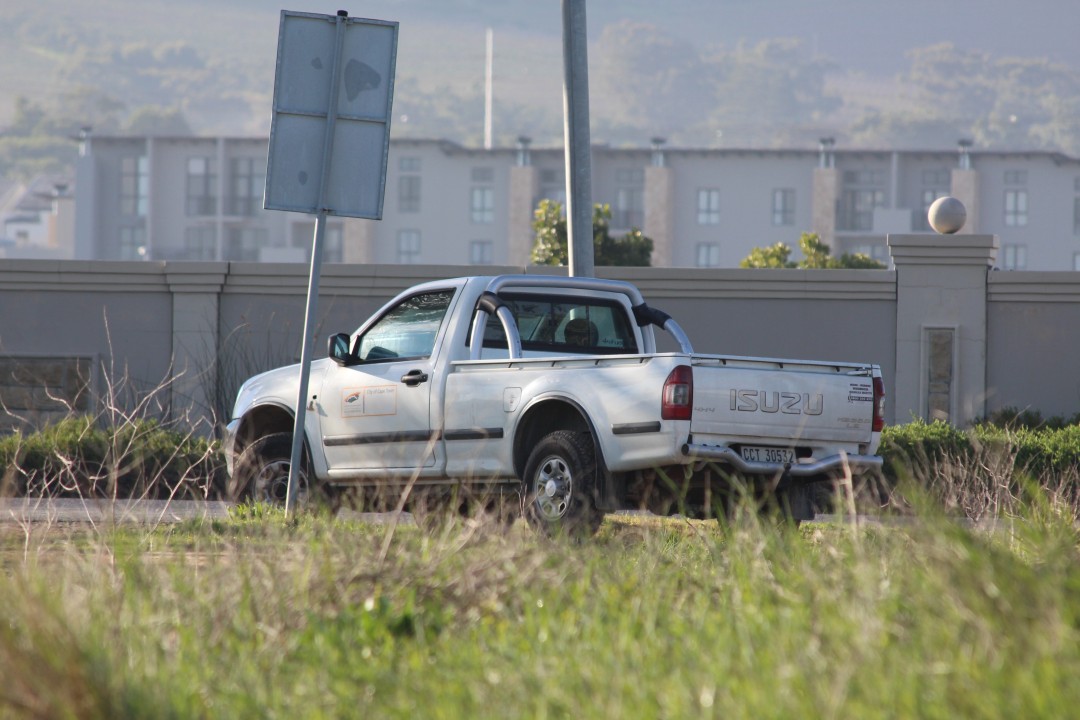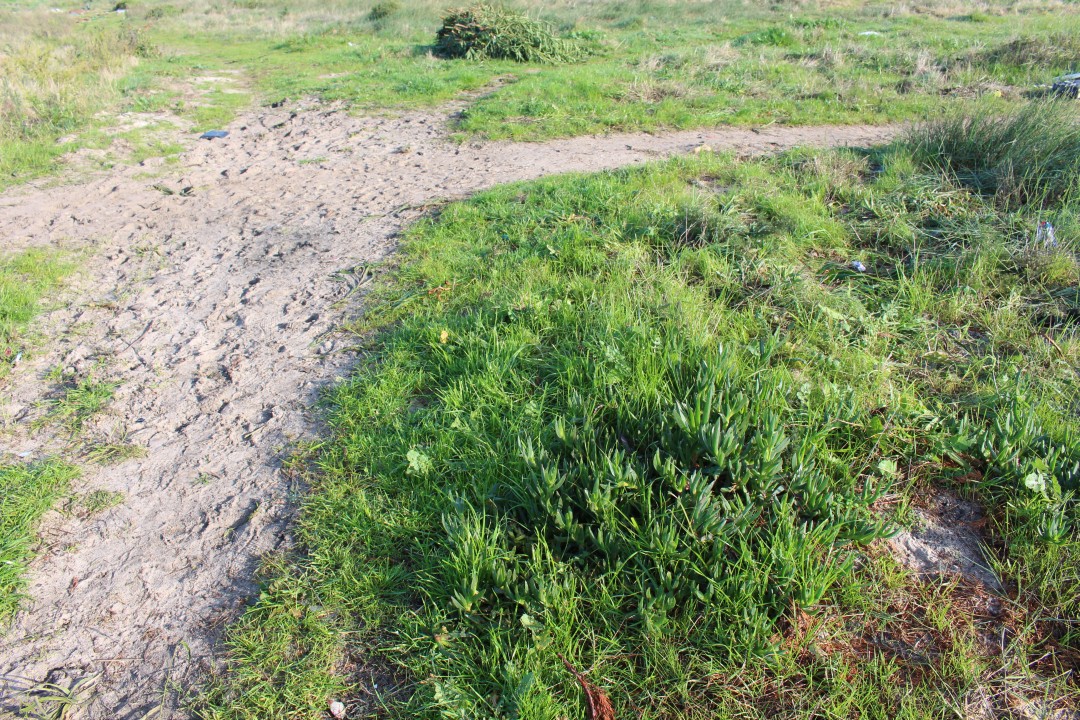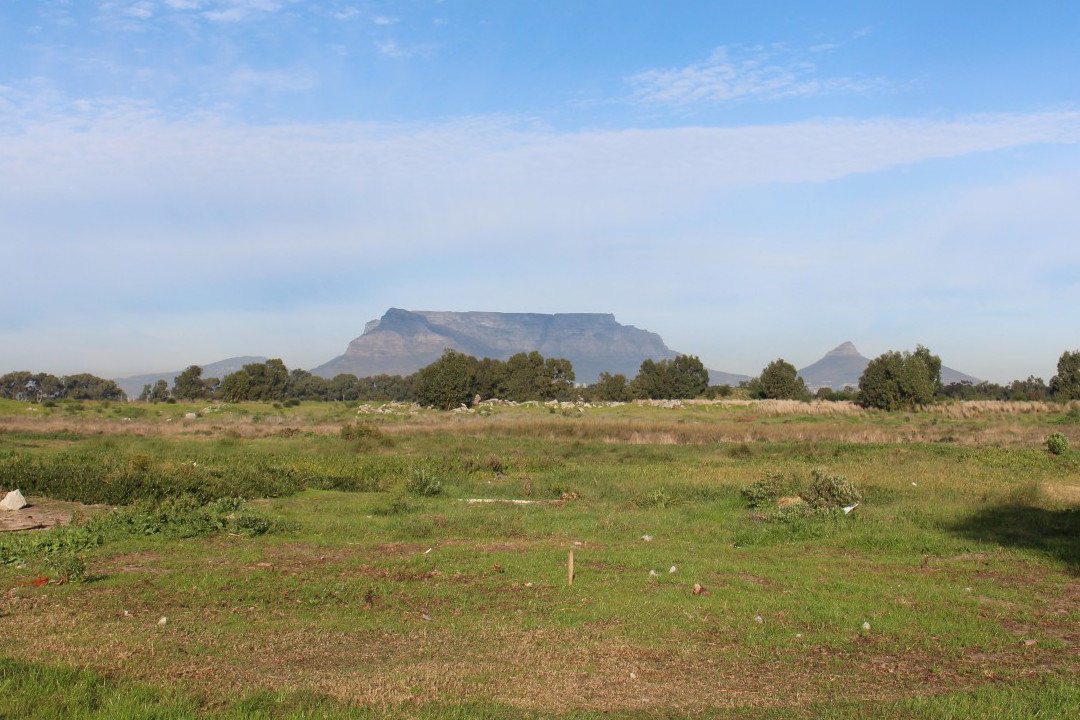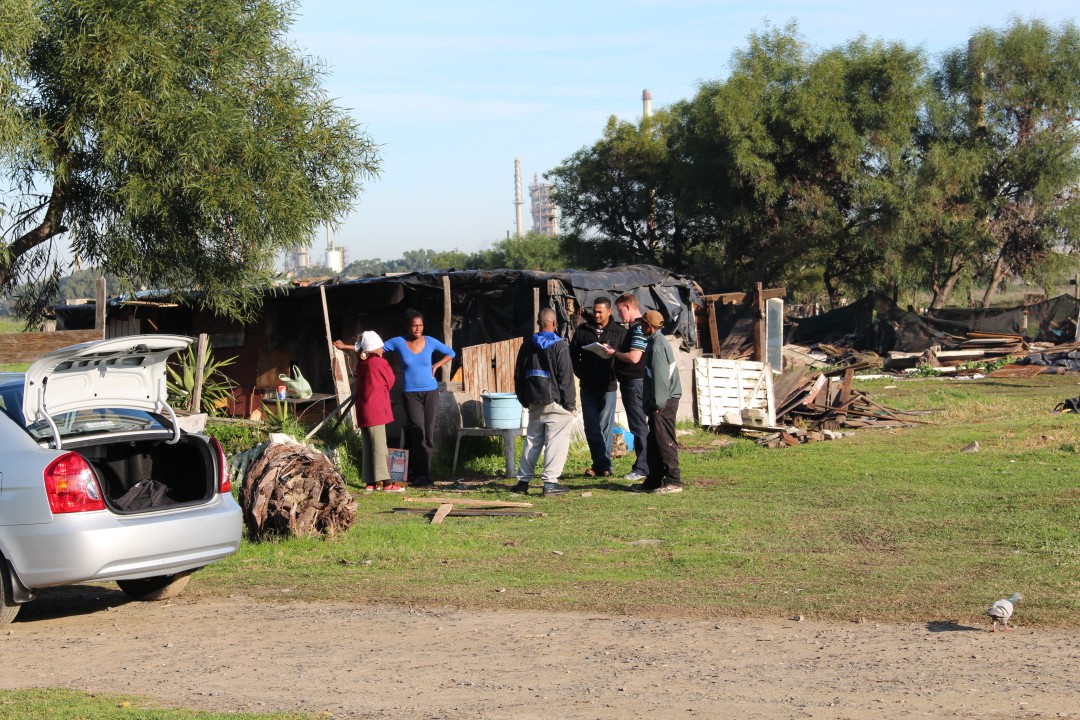Previously I wrote about the eviction of the residents of the Richwood informal settlement, although "evacuation" might be a more technically correct word. In this article I shall explain, as far as I understand it, why and how the evacuations happened.
Before I continue I need to make clear that very little of what I write here is from first hand experience. I was not involved in the "politics" around the Richwood informal settlement and mostly have to go on hearsay. However I have spoken to individuals who are either directly or indirectly involved and am comfortable in reporting what I write here. If anyone finds error in what I say, or otherwise object, please feel free to discuss it in the comments section below this article.
I previously mentioned that the residents of the Richwood informal settlement had a land claim to take ownership of the land which they occupied. As far as I could ascertain, the dispute was not with a private land owner, but with the City of Cape Town itself. For decades, perhaps centuries, the land had been undesirable: it does not seem arable1 and the refinery opposite the land is a bit of an eyesore2. But as the city grew and encroached on this area, it brought new opportunities for settling this area in the form of proximity to business parks, shopping centres and other amenities. And so two sides were pitched against each other: those who wanted the land to live on, and those who wanted the land to develop (and make more than a little bit of money in the process)3.
I did not know what exactly happened to the land claim, and did not ask about it: I generally could not rely on those with whom I came in contact to give me reliable information on the legal proceedings. I heard rumours of strong arming from the City of Cape Town: that those championing the residents' land claim approached non-profit legal organisations (the UCT Law Society and Lawyers for Human Rights) to take up the case. They all refused, citing the fact that the City of Cape Town has a board of legal advisers which is comprised of representatives of each major law firm in the city. Against such a force, the pro bono lawyers did not fancy their chances. Pleas made on behalf of the residents were supposedly made to the mayor, Patricia de Lille, and even the premier of the Western Cape, Helen Zille, although I cannot verify this. Nothing came of these appeals.
But the day after we witnessed the relocations, something very interesting happened. I returned to the Richwood informal settlement (which now only had a few residents left) with my camera to go take some pictures. I wanted some sort of evidence of what happened: what for, I did not know, but just wanted to document this story which was silently passing by the media and the people in the surrounding neighbourhoods. While I was taking the pictures, I came across an older resident of the informal settlement. He was not part of the usual crowd which attended our services, but he began speaking to me. He explained that they had been displaced from the land before in the 1980s—during the Apartheid years. He alleged that the government approached the residents living there at the time and told them that the land was needed to develop a new cemetery, as the Maitland cemetery was full. He did not explain much further, but it seems like the residents left without much resistance. But then they realised that the government was not going to use the land for a cemetery, but was building a (white) residential suburb. Only the first phase of the construction was completed before the fall of Apartheid. After that, the people returned to settle the remaining undeveloped land. It was because of this Apartheid era eviction that the residents of the Richwood informal settlement was able to make a land claim. The man told me this story to compare their current situation with the one which they faced 30 years earlier. But then the man said something remarkable: something of which I do not believe he grasped the profundity. He said that the "government" was now leasing the land from them for a period of 99 years. I was blown away by this one sentence. If this is true, then the first implication is that if the "government" is "leasing" the land, they had acknowledge that the land belonged to the residents. The second implication is that the government was leasing it for, what I remember from history class, the longest period of time which a property can be leased under international law before becoming the property of those who hold the lease. All of this sounds fair and legal, except if you consider two facts:
- The community was paid a pittance for the lease: less than a once-off payment of R6000 (~$600 US) per family4. Considering the profits which the developers will be able to make from this land due to its prime location, they would be able to easily afford to pay that amount monthly and still make a huge profit.
- The legal agreement was made with an uneducated (and presumably unrepresented by legal council) community: one for which the prospects of having an educated next generation is almost nil. This means that it is unlikely that anyone will keep track and remember this agreement 3–4 generations down the line when the 99 years are fulfilled. No-one from the original Richwood community would remember that piece of land, and it would default to coming under the ownership of whoever is leasing or occupying it.
At this point I need to stress again that I have not sat through any official discussions of the legal terms and conditions of the evacuations with legal representatives and council. I also have not seen any written agreements on this matter. There are likely many nuances to this deal (I shall discuss what I suspect the terms are in the next article), but if I can take what the man told me in essence (and I have no reason to doubt him, as the unintended details which he divulged does not seem to me to support the idea of a fabricated story), then this deal is unfair, exploitative and unethical. It played the best legal minds in the Cape off of the ignorance of a small and uneducated community.
In the next article, I shall discuss our reunion with the displaced Richwood community, and explain their situation at present.
- 1. I am not an agriculturalist, but I would guess that the land is too sandy for most crops and otherwise too moist. Wild grasses and succulents do grow there, but the sand and the vegetation seems more like what you would find on the dunes by the sea than on a farm.
- 2. There is, however, a decent view of Table Mountain, which is highly sought after in Cape Town.
- 3. From what I understand, the City of Cape Town will not be developing the land itself, but will make its money from rates and taxes paid by private developers. The development which is ultimately planned is supposedly worth a billion rand (~$100 million US), which would tax nicely.
- 4. This amount has been confirmed by various parties.









Latest comments